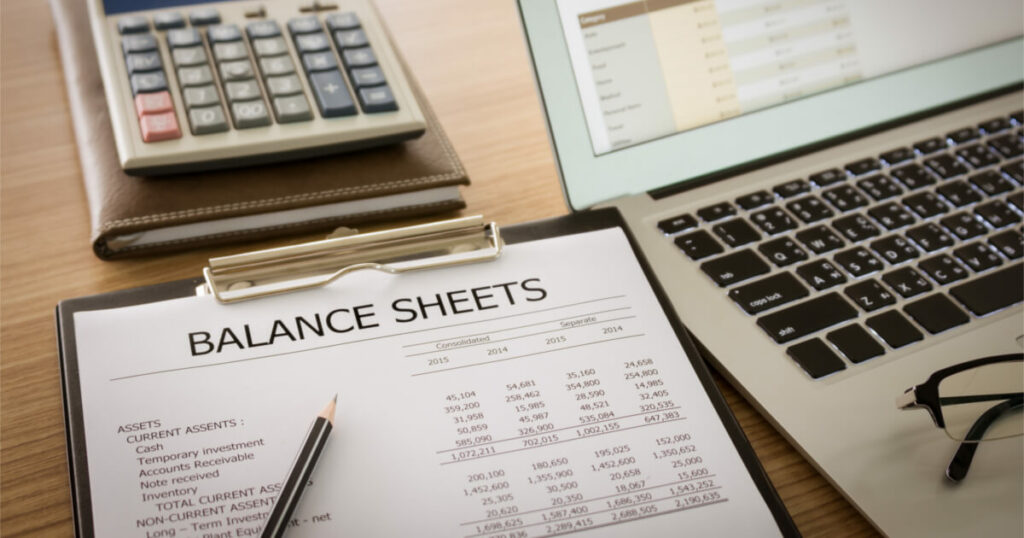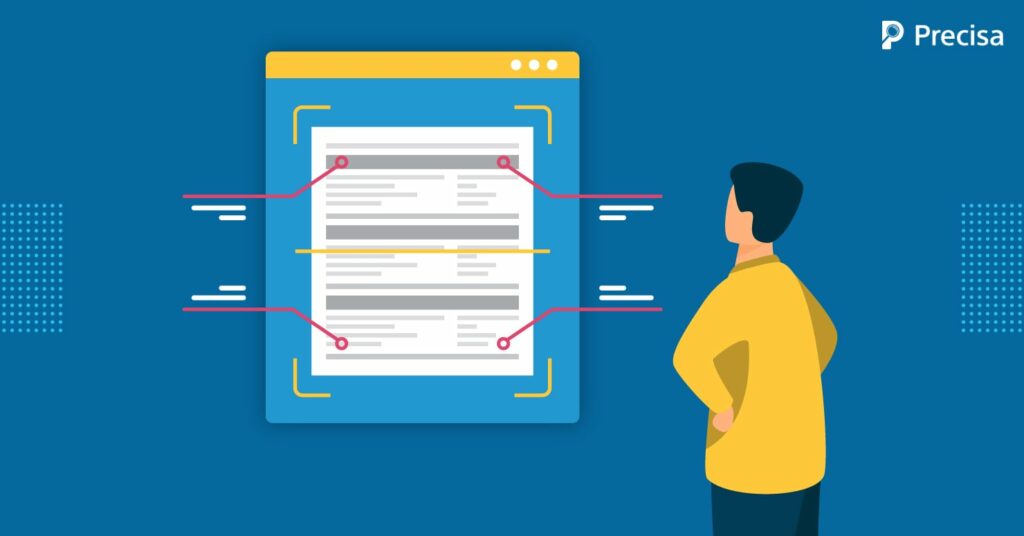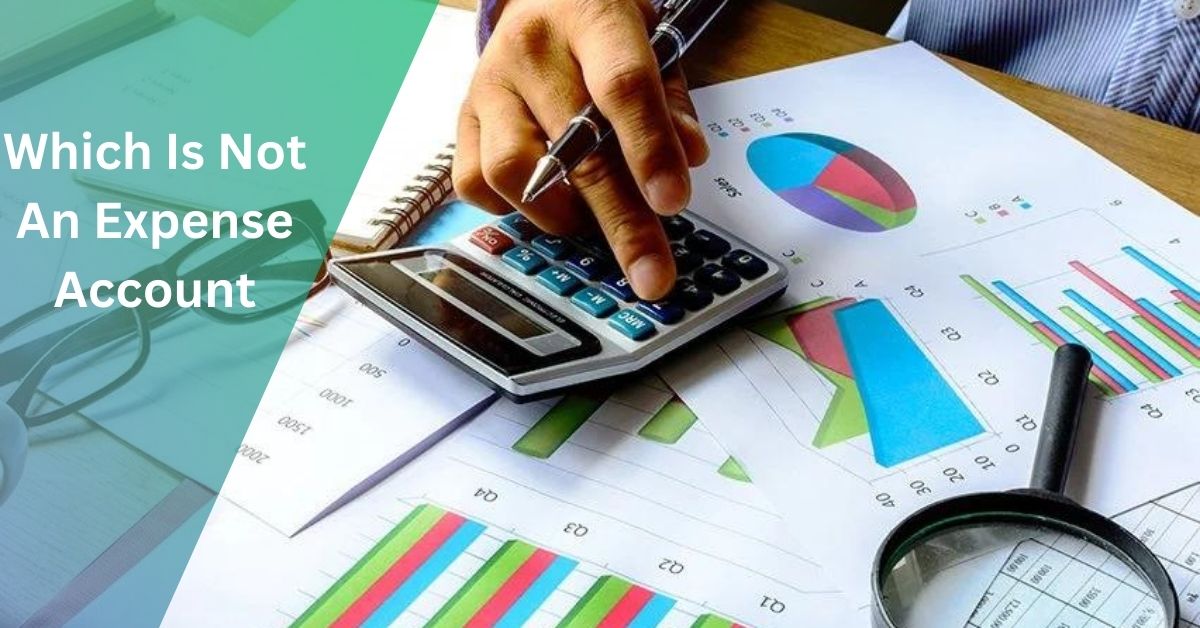Which is not an expense account.” personal finance means knowing where to save or invest money for the future.
In finance, “which is not an expense account” refers to accounts like assets, liabilities, and equity, which aren’t considered expenses but play crucial roles in financial management.
Let’s explore “which is not an expense account” together to gain insights into crucial financial distinctions.
What is an Expense Account – Learn More!
An expense account is like a money diary that keeps track of everything you spend your money on. It’s a special place where you write down every time you buy something meaningful for your business or personal life.
This could be anything from buying pens and paper for your office to paying the rent for your shop or home. If you’re using money to get something you need to run your business or keep your life going, it goes into your expense account.
Having an expense account is super important because it helps you keep track of where your money is going. If you spend too much in one area, your expense account will show you that.
When is an Expense Account Used – Explore Further!

Expense accounts are used whenever you spend money on things necessary for your business or personal life. Think of it as a tool you use when making essential purchases to keep things running smoothly.
Whether buying office supplies for your business or paying for groceries for your household, these transactions are recorded in your expense account.
In a business setting, expense accounts are frequently used for various operational costs such as rent, utilities, salaries, and inventory purchases.
For instance, if you own a bakery, every time you buy ingredients like flour, sugar, and eggs, those expenses would be recorded in your expense account.
Similarly, if you need to pay your employees or cover the rent for your bakery space, those transactions would also be logged in your expense account. It’s a way to record all the money going out for necessary business operations.
In personal finances, expense accounts track everyday spending on essentials like groceries, transportation, housing, and healthcare.
When you pay your rent or mortgage, fill up your gas tank, or buy groceries for your family, these expenses are documented in your personal expense account.
Read: 18 Year Old Tiana’s Sweet Fresh Cookies – Unveiling The Sweet Symphony!
Why Distinguish Between Expense and Non-Expense Accounts – Get Started!
| Aspect | Expense Accounts | Non-Expense Accounts |
| Purpose | To record money spent on essential business/personal needs | To track assets, liabilities, equity, and revenue streams |
| Examples | Rent, utilities, office supplies, wages | Cash, property, loans, mortgages, income earned |
| Importance | Essential for tracking spending and budgeting | Critical for assessing financial position and ownership |
| Nature of Transactions | Outflows of money for necessary expenditures | Represent ownership, debts, investments, and income |
| Financial Reporting | Helps in accurate financial statements and decision-making | Provides insights into overall financial health |
| Decision Making | Guides resource allocation and financial management | Influences investment strategies and business planning |
How to Identify Non-Expense Accounts – Find Out!
1. Asset Accounts:
Non-expense accounts often include asset accounts. Assets are things you own that have value, such as cash, property, equipment, or inventory. Identifying accounts that represent ownership of such items can help distinguish non-expense accounts.
2. Liability Accounts:
Liabilities represent what you owe to others, such as loans, mortgages, or accounts payable. Accounts related to debts or obligations typically fall into non-expense accounts.
3. Equity Accounts:
Equity accounts reflect the ownership stake in a business or organization. These accounts include capital contributions, retained earnings, or dividends. Identifying accounts related to ownership interests helps identify non-expense accounts.
4. Revenue Accounts:
It Tracks income earned by a business or individual. These accounts include sales revenue, service revenue, or interest income. Transactions related to generating income are classified as non-expense accounts.
5. Transaction Analysis:

Analyze transactions to determine their nature. If a transaction involves acquiring an asset, incurring a liability, receiving equity investment, or generating revenue, it likely pertains to a non-expense account.
6. Financial Statements:
Review financial statements, such as balance sheets and income statements, to identify accounts categorized as non-expense. Asset, liability, equity, and revenue accounts are typically listed separately from expense accounts.
7. Accounting System Codes:
Many accounting systems use specific codes or identifiers to distinguish between different accounts. Consult the chart of accounts or accounting software settings to identify non-expense accounts based on their codes or labels.
How Are Expense Accounts Different From Revenue Accounts – Explore Variances!
| Aspect | Expense Accounts | Revenue Accounts |
| Nature of Transactions | Track costs incurred to operate and generate revenue. | Record income earned from selling goods or services. |
| Purpose and Function: | Calculate net income, monitor expenses, and subtract them from revenue. | Capture inflow of money from sales and other sources. |
| Measurement and Analysis: | Analyze spending patterns to control costs and improve profitability. | Assess sales performance, identify trends, and drive business growth. |
Inclusion of Depreciation in Expense Accounts – Understand Contrasts!
Non-cash expenses like depreciation can indeed be recorded in expense accounts. Depreciation is an accounting method used to allocate the cost of a tangible asset over its useful life.
While depreciation doesn’t involve actual cash outflows, it represents the gradual reduction in the value of an asset as it is used over time. Businesses record depreciation expenses in their expense accounts to reflect the wear and tear or obsolescence of assets such as equipment, buildings, or vehicles.
Read: Complete Information About Pi123 – In Tech World!
FAQs:
1. What are examples of things that are not expense accounts?
Things like money you own (like cash), things you owe (like loans), what you own in a business (like shares), and money you make from selling stuff (like sales).
2. Why is it important to tell the difference between things that are expenses and things that are not?
It’s important because expenses are what you spend money on, but other things, like what you own or owe, show different parts of your financial situation. Knowing the difference helps you understand your money better and make better decisions.
3. How do you know if something is not an expense account?
Look at what the thing is. If it’s about things you own (like money or stuff), owe (like loans), own in a business (like shares), or money you make from selling stuff, then it’s not an expense account.
4. Can you put things that aren’t money in expense accounts?
No, you can’t. Expense accounts are just for tracking the money you spend on things you need. Other things, like what you own or make from sales, go into different accounts.
Conclusion:
Expense accounts track what a business spends on essentials, while revenue accounts show what it earns from sales. Both help us understand finances and make smart decisions. Keeping them accurate helps businesses grow wisely.
Read:



